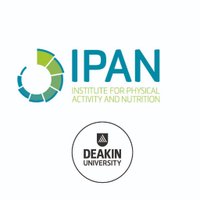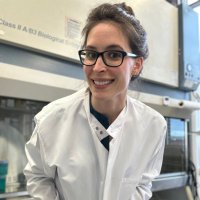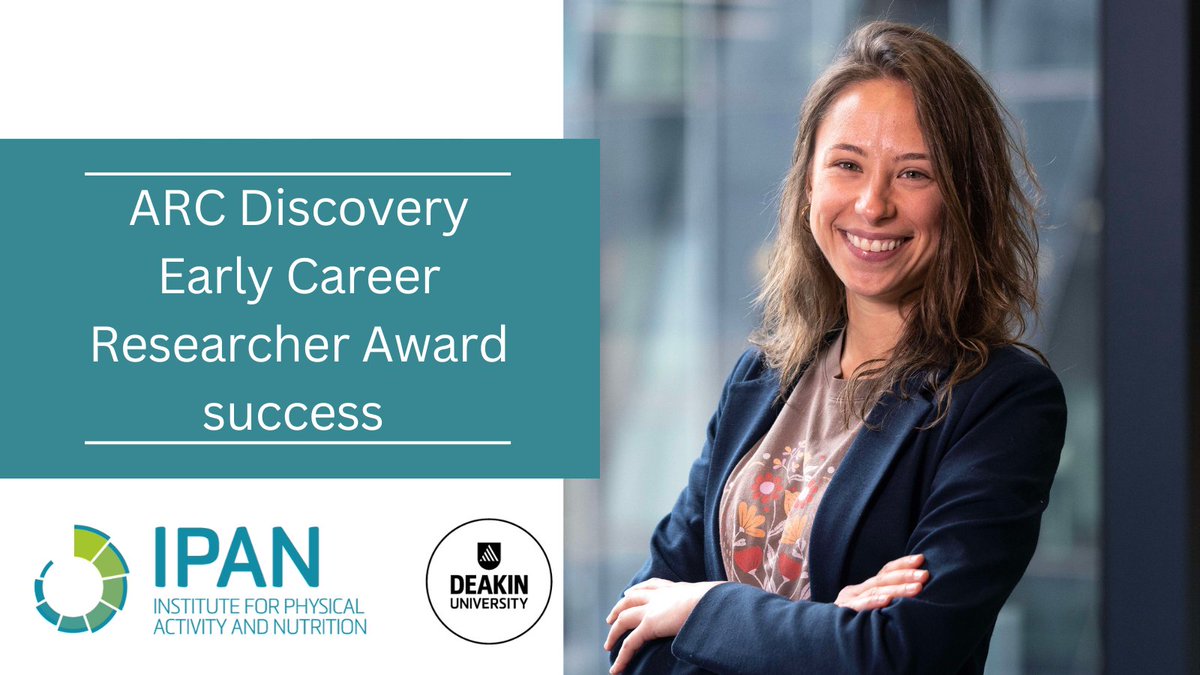
Emily Denniss (she/her)
@denniss_emily
Research Fellow & Lecturer @Deakin
No longer active here. Follow me on Bluesky @emilydenniss.bsky.social
ID: 1229974005647474688
19-02-2020 03:41:11
587 Tweet
976 Followers
557 Following



Another dodgy nutrition claim doing the rounds on social media – IPAN PhD student Emily Denniss (she/her) reminded users to be wary of influencers offering up dietary advice following her recent study finding lots of untrustworthy advice: deakin.au/4aFdhpj heraldsun.com.au/news/victoria/…



How can you tell is an influencer is legit or full of sh*t?! 1️⃣ they make claims that evoke fear 2️⃣ all or none statements 3️⃣ they’re selling something related to their claims 4️⃣ obvious conflict of interests 5️⃣ they speak outside their expertise CC: NEURODIVERGENT SUPPORT WIRED

Dr Priscila Machado, Research Fellow at the Institute for Physical Activity and Nutrition at Deakin University is working to help Australians recognise and decrease their consumption of ultra-processed foods. Learn more about available Heart Foundation funding 👇pulse.ly/wckodigmg2


More than 40% of the food we eat is ultra-processed, IPAN research has shown. But clever marketing can dupe us into thinking we're making healthy choices. Dr @ppmachado_'s Heart Foundation-backed study examines how to communicate about UPFs to consumers. deakin.au/4eOzunY


Interested in cutting back on meat?🥩 IPAN's Laura Marchese shared 4 tips via The Conversation - Australia + New Zealand to help you make healthy meat-free choices whilst dining out 👇 ipan.deakin.edu.au/2024/08/4-ways…

We’re pleased to announce IPAN’s Dr Priscila Machado was successful in an Australian Research Council Discovery Early Career Researcher Award (DECRA) application for her work focusing on addressing the harms of ultra-processed food in Australia. @ppmachado_ @deakinresearch




Whilst supplements/multivitamins tend to make promises about their health benefits, IPAN's @DrHelen_Mac advised caution about such claims via Guardian Australia as “often the ingredients are [in concentrations] just too low to have any physiological benefit.” theguardian.com/commentisfree/…




